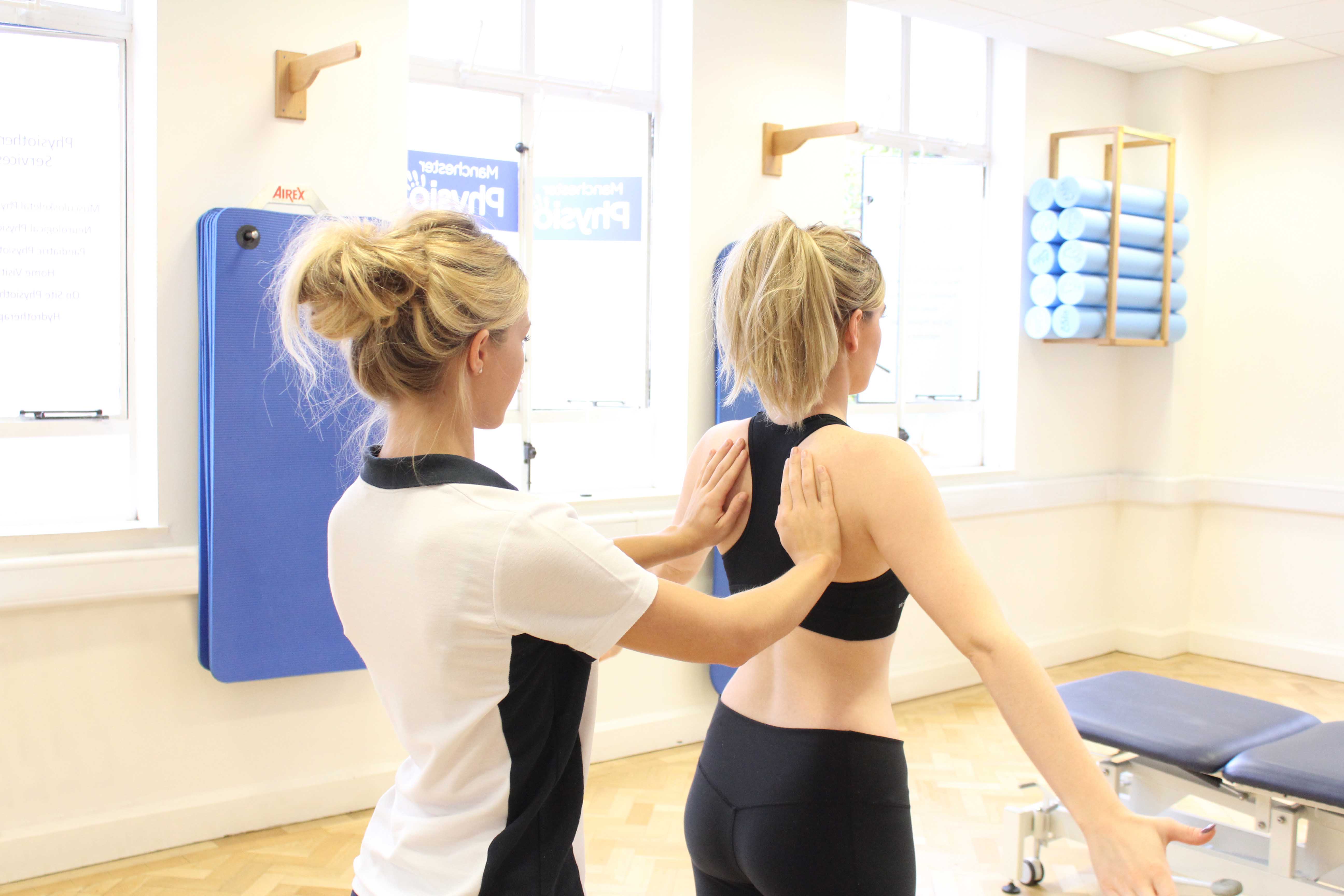What is Pneumonia?
Pneumonia is a serious infection of the lower respiratory tract that can affect people of all ages, but is especially dangerous to children. The generic symptoms displayed by the infection can make an early diagnosis of pneumonia very difficult.
The respiratory system has a series of mechanical systems designed to minimise the risk of infection followed by specific immune system defences. Some mechanical systemic defences include the closable glottis flap at the top of the trachea, the cilia, airway secretions and autonomic reflexes like coughing. Any invading pathogens would then have to face the specialised white blood cells of phagocytes and antibody producing lymphocytes. Even avoiding these defences, adult respiratory tracts contain non-harmful bacteria that would compete with invading pathogens for space and resources.
New born babies have unused, sterile respiratory tracts with no natural ‘friendly’ bacteria providing competition to harmful infections. Much of the systemic defences such as cilia secretion expulsion will take time to function effectively. This brief interval after birth leaves children vulnerable to infection from the parents, equipment used and the general environment.
 Above: Active cycle of breathing exercises supervised by a specialist physiotherapist
Above: Active cycle of breathing exercises supervised by a specialist physiotherapistWhat causes Pneumonia?
Almost any invasive viral, bacterial or fungal agents can trigger pneumonia, but studies have found that the majority of cases resulted from Streptococcus bacterial infection. The infection causes inflammation in the alveoli that triggers the release of additional fluids, swelling restricted airways and an increase in phagocytes.
Damage to the delicate structures of the alveoli and respiratory tracts are largely caused by the invading micro-organisms but can be compounded by the response of the immune system. Cumulatively they both increase the volume of fluid and cellular debris blocking the small airways, whilst triggering higher tone in the muscle wall of the respiratory tracts further occluding the airways. This results in trapped air pockets, collapsed or blocked airways and cellular damage. The result is a lower surface area in the lungs available for gas exchange making the work of breathing more difficult.
What are the symptoms of Pneumonia?
Pneumonia can be very difficult to identify in babies, as they do not react to the infection in the same way as adults and lack the verbal skills to describe their discomfort. Babies will usually not even present with the most common symptom of coughing. Symptoms in babies that can indicate the presence of Pneumonia include;
- Rapid breathing (Tachypnea), most common symptom.
- Grunting noises
- Visible retractions of the abdomen with deep breathing
- Irritability from discomfort
- Poor feeding
As the children get older more typical signs of infection will be present if pneumonia develops. The remaining symptoms listed below can be found in some toddlers, most adolescents and nearly all adults. Of course some variation in presentation will occur depending on the severity of infection and individual resistance. Symptoms may include;
- Coughing (both phlegm productive and unproductive)
- Sore throat (Pharyngitis)
- Chest pain
- Fever
- Lethargy
- Sinus congestion
- Headache
- Abdominal pain
- Vomiting
- Diarrhoea
- Dehydration
How is Pneumonia Diagnosed?
A doctor can confirm a diagnosis of Pneumonia following a detailed investigation of your symptoms, medical history and using specific tests to rule out other possible conditions. The use of auscultation with a stethoscope to listen to your breathing sounds is one of the best diagnostic tools for identifying the location and type of infection. If you suspect you have Pneumonia you should seek an assessment with your doctor. Once diagnosed we can assess your current level of lung function and target treatments accordingly.
For more information on how physiotherapy can help treat Pneumonia, or to book yourself an assessment, please contact us via email at office@physio.co.uk or ring us on 0330 088 7800.
What would a physiotherapy assessment for Pneumonia involve?
At Physio.co.uk, we want to gain as much information as possible about your condition to ensure we give you the best treatment. In your first appointment with us, our physiotherapists will carry out an assessment which has two parts:
Subjective
A discussion between you and our physiotherapist to find out what symptoms you are experiencing, and how your condition is affecting you and your lifestyle.
Objective
An assessment to discern the presence of any pain, your current breathing pattern, respiration rate, lung volume and a series of special tests to identify the presence of any mucus retention and lung function impairment.
There can be great variation in the symptoms displayed, depending on the progression of the condition and any complicating factors. The assessment process will be important in identifying your current symptoms and needs, so that treatments can be targeted and effective.
What would physiotherapy treatment for Pneumonia involve?
At Physio.co.uk, Our physiotherapists will ensure you specialised treatment for your Pneumonia. Depending on the severity and duration of your condition, your treatment may involve:
- Secretion clearance:
- Effective / productive coughing techniques.
- Postural drainage in sitting and lying.
- Manual assistance, including percussion, vibrations and shaking.
- Breathing technique retraining:
- Controlling respiratory rate
- Diaphragmatic breathing
- Controlling / reducing breath volume
- Relaxation breathing exercises
- Education and Advice:
- Illness cause and progression.
- Effects of environmental and allergen factors.
- Medication management
- Recognising signs of possible Asthmatic episodes.
At Physio.co.uk you will experience a personalised treatment session. Each appointment will be aimed at returning to your everyday activities and what you enjoy.
How can I arrange a physiotherapy assessment for Pneumonia?
If you have been diagnosed by your doctor as having Pneumonia and are suffering from symptoms affecting your breathing and lung clearance, you would benefit from an assessment with one of our experienced respiratory physiotherapists.
You can contact us directly to arrange an assessment and we can advise you if further treatment is recommended, and give you advice on self-management. To arrange an appointment please email office@physio.co.uk or call 0330 088 7800.
Summary
At Physio.co.uk, our respiratory physiotherapists can provide specialist assessment and treatment for people with Pneumonia. We can apply a range of therapy techniques and advice to manage your symptoms and maintain the best possible level of lung function and comfort. We can also advise on activity modification to make daily living easier. Along with advice for you and your family on appropriate self-management techniques to maximise your functional ability between therapy sessions.
For more information on how physiotherapy can help treat Pneumonia, or to book yourself an assessment, please contact us via email at office@physio.co.uk or ring us on 0330 088 7800.

 0330 088 7800
0330 088 7800





































